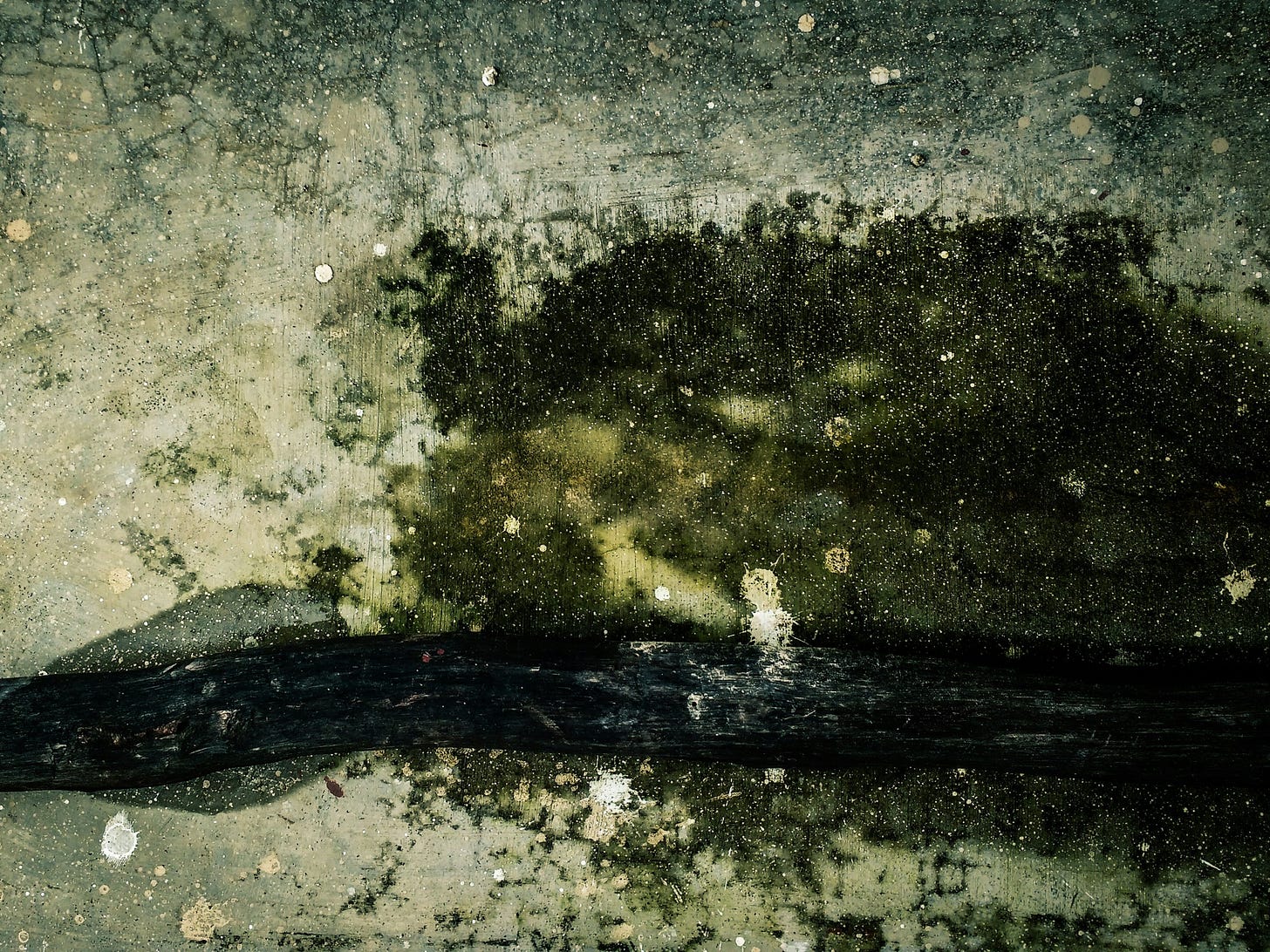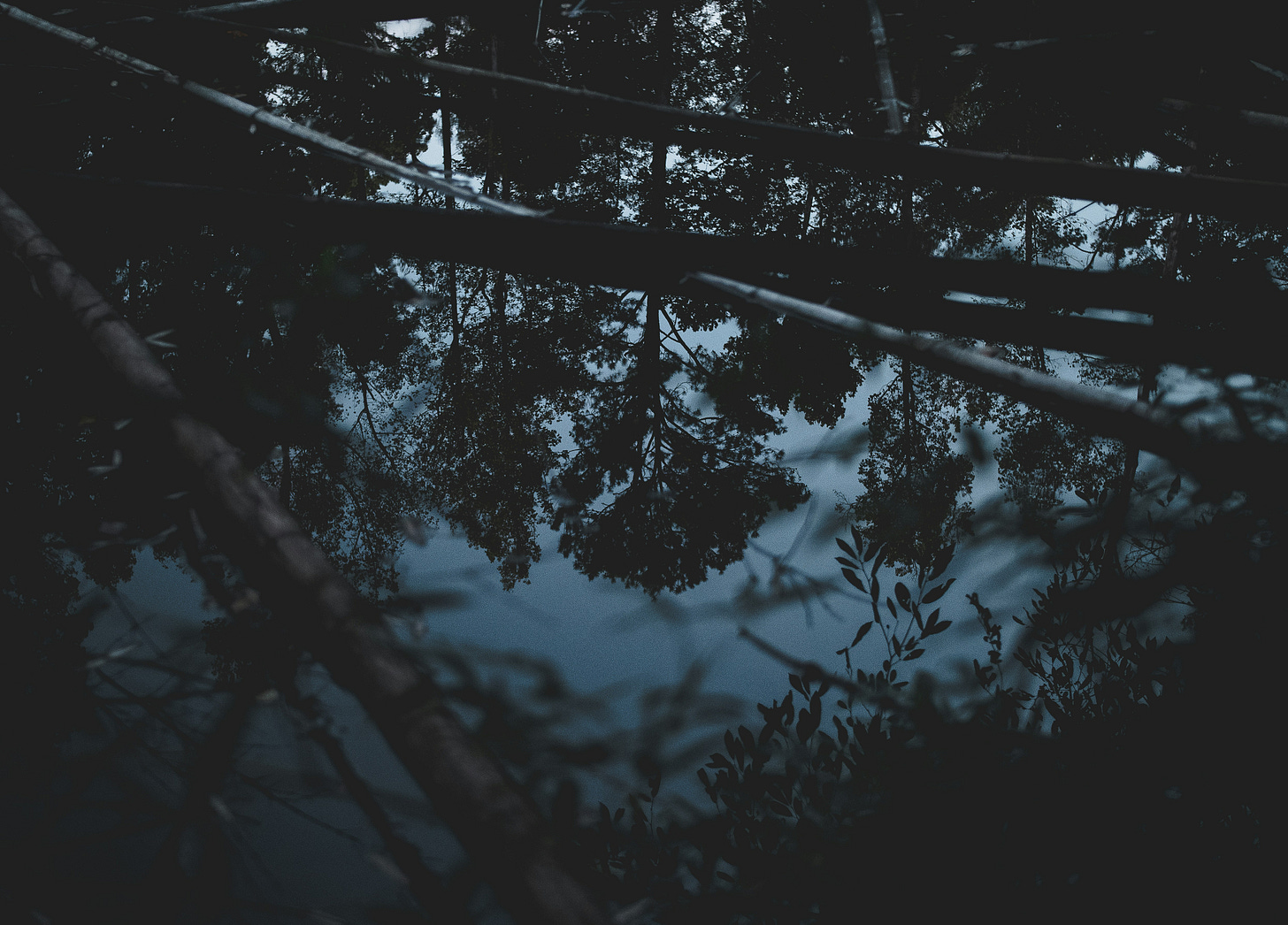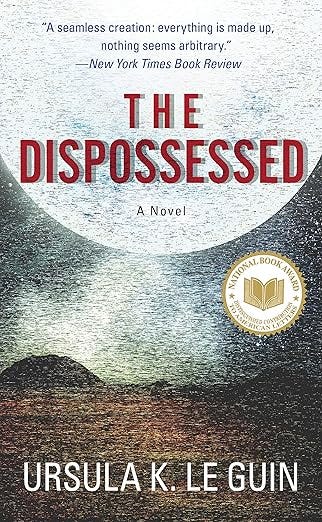In the rot of our times, together | Death, decomposition and regeneration
The art of noticing. The art of weaving our senses and imaginations into life. The art of being spirited away by the world. The art of being enlivened and entangled.
Welcome to this Substack. I recently added some new folks to my mailing list. I asked some of you if you’d like to be added, and I’ve taken the initiative for others. Of course, if you don’t fancy being on yet another mailing list, please unsubscribe.
I run my hands through the grass as if it were the hair of a lover. It’s intimate, in its way. The grass caresses me back in arousing tickles of my palms. I run my hands deeper and touch soil, the dark matter hidden beneath the green. I feel the gritty texture slide under my fingernails, which sends a shiver through my bones, throughout my body. The nape of my neck flashes cold and hot, and my shoulders shudder gently. We are entangled, the soil and I, this place and I. There’s pleasure in this.
I glance at my fingernails and observe the slithers of black at their tips where white had been. I contemplate our involvement with each other: our beingness entwined at a microbiotic level. Such contemplations of microbiota are a preoccupation of mine (as I also explored here). I like to think that through a different lens – a microscopic lens – the world appears extremely different: there’s writhing and wriggling and interloping of beings that the human eye cannot see.
I think of soil as living. But just as it is living, it is also dying. Soil is the substrate of death. It is a metaphor: that for life to thrive, there must be death. Of course, this isn’t news, but it’s worth remembering. We need beings in the business (or busyness) of decomposition, to cycle the nutrients, to create the conditions for more life to thrive.
Diverse cultures – both humans and more-than-human, today and throughout time – understand and participate in death differently. There are rituals and ceremonies; there’s often grief; and there’s always transformation.
There was eros in writing some of the above. Perhaps you felt it. Perhaps you enjoyed it. There’s sensuality in how we engage with the world. There can be tenderness. There can be pleasure.

The role of death in regeneration
In the culture I live, time is often thought of as linear. There’s a line drawn from birth to death hanging in the ether, running alongside the lines of others we live among in the present time. Or at least, this is my observation of how many people perceive time. (This is not how I perceive it, but that discussion is for another… time). At either end of the line, it seems that there are deep voids of nothingness. Some folks, at a spiritual level, fill those voids with afterlives and reincarnations.
It could be said that there is a detachment of spirit and material body. Because of course, the body itself doesn’t cease to exist after the spirit has reached the “end of the line”. The body persists in the material realm, and then the beings in the business of decomposition shuffle in and get to work. It’s often thankless work, too. There’s often a repulsion to it: its smell, its appearance, its putridness. So it is hidden, often pushed out of sight, out of mind. I wonder, why do we hide it? Is it an aversion only to the putridness or rather the notion of death itself? Perhaps it’s an aversion to our own mortality? Because if we embraced this mortality, perhaps we’d live differently, as if we are going to die and must embody a finite life.
Or is it an aversion to sadness and grief, because suffering should be minimised, right?
“Suffering is the condition on which we live. And when it comes, you know it. You know it as the truth. Of course it’s right to cure diseases, to prevent hunger and injustice, as the social organism does. But no society can change the nature of existence. We can’t prevent suffering. This pain and that pain, yes, but not Pain. A society can only relieve social suffering, unnecessary suffering. The rest remains. The root, the reality. All of us here are going to know grief; if we live fifty years, we’ll have known pain for fifty years… And yet, I wonder if it isn’t all a misunderstanding — this grasping after happiness, this fear of pain… If instead of fearing it and running from it, one could… get through it, go beyond it. There is something beyond it. It’s the self that suffers, and there’s a place where the self—ceases.” – Ursula K. Le Guin, The Dispossessed.
I’ve been reading The Dispossessed – slowly – over the past months. It was written in the seventies by the incredible Ursula K. Le Guin. Yet despite being nearly fifty years old, it’s as relevant as ever. Le Guin has me thinking about the expansiveness of the human experience – all the ways we feel into our aliveness as complex yet limited creatures.
I was on a work call the other day – with a group discussing a regenerative project – and I felt this creeping feeling of uncomfortability. I pinned it down and identified it: if I were to name it, it felt as though the group were idealising a depiction of utopia, without suffering, where traumas were all healed, and they labelled it “a regenerative future”. In a way, I felt confused by my uncomfortability, because I agree, as Le Guin writes, “it’s right to cure diseases, to prevent hunger and injustice, as the social organism does.” But as she also describes, pain and suffering are part of our existence – they are as much a part of us as happiness and joy. Not to position those as binaries, FYI.
Modernity loves oversimplifications such as binaries. Perhaps death has fallen into that trap, too. Death = bad. Life = good. Perhaps, even, we believe life and death to be binaries in themselves; you are either dead or alive. I mean, soil, for one, is both. In fact, we all are, right? This is, in its essence, regeneration. Our bodies are regenerating; cells are dying and others are being created at a rate that, hopefully, enables us each health and resilience. So, even in healing, there is death. Even in healing, there is suffering. To miss this point is to deny the process of change and transformation as the process of life and death, continuously, at all scales and temporalities. Right now, I’m imagining a rainforest ecosystem in which trees die slowly, critters die quickly, life begets life, and everything thrives in abundance in the smell of wet rot.
There’s a place where the self ceases
– Ursula K. Le Guin, The Dispossessed.
How may we relate to death, particularly as practitioners in the regenerative space? Maybe it asks us to suspend linear and binary notions of life and death and instead fold into the cyclical, fractal motions of continual becoming. I would suggest that it also asks that we embody our multi-species relationality. I’ve quoted writer Sophie Strand before, but I feel her words are warranted here again: “We are always on our way to being something else … be ready to make good soil.”
Of course, this speaks mostly of the material realm; what to make of the spiritual? I wonder, is the spirit recycled too? Is it decomposed and woven into the spirit of all life? Are we always woven into the spirit of all life? Cultures anywhere hold such questions. Many know the spirits of their ancestors – both humans and more-than humans – to be in the mountains, the rivers, the stars – to be in the ephemerality and entirety of life itself.
Relating to death as regenerative practitioners perhaps also asks that we recognise and honour the roles of hospicing, retiring and composting. There’s a gentleness and compassion to these terms and a recognition that we will (and should) feel grief as things die. “Death” as a simple term can hold a certain abruptness, I think. It can feel sudden and shocking, which is why when Vanessa Machado de Oliveira’s book Hospicing Modernity landed with me, without even cracking the spine, I relished the softness and tenderness of the term “to hospice”. There are some things that shouldn’t be forced off a cliff. There are some things that should be allowed to die gently, respectfully and honourably.
I’ve been thinking about this a lot and have been drawing these considerations into my own practice, at a philosophical level at least. I’ve been contemplating what even is death beyond material rot. The stopping of a pulse? The dissipating of a soul? The essence of who we are released into a great beyond? Into the cosmos, into all we can’t comprehend, touch or even perceive.
I’ve been toying with the idea of what it would mean to be a death doula, not for people, but for that which holds us in an expired paradigm that continues to undermine all life and all livingness – that of ourselves, our communities, our societies, our lands and our waters. Is there a role for a death doula, to hospice all that asks to die but our broken systems keep on life support?
This role feels somewhat abstract to me, at least currently. Interestingly, I’ve been thinking about it not as something outside of the systems but as utterly involved. When I think about it more deeply, I wonder if this role would be akin to the beings in the business of decomposition – to the microbes recycling the nutrients amid complex ecologies.
I will continue simmering these thoughts.

“And yet, I wonder if it isn’t all a misunderstanding — this grasping after happiness, this fear of pain… If instead of fearing it and running from it, one could… get through it, go beyond it.”
– Ursula K. Le Guin, The Dispossessed.
We are always in a state of change, whether we choose to observe and acknowledge this or not. Everything is always changing; this is what it means to exist as and within living systems. There are countless relational processes at work that hold us in the shifting dynamics of co-evolution, be those fast like the rotting of an apple or slow like the creeping of lichen.
I ponder on the saying “growing pains” and how suffering is involved in (probably) all transformative processes. To deny this suffering perhaps even rallies against transformation itself. I wonder, does this rallying create stagnation in living systems (within which I count our systems of thought: our inner worlds, our beliefs and worldviews that construct our perceptions of reality)? I’m unsure if stagnation is actually even possible – as in, true stagnation. But most certainly, there are efforts to hold back transformative processes, which results in systems being unable to regenerate and losing their resilience. Note, I understand stagnation and balance as different things; balance is flux, not statis. Balance is dynamic. I also understand rest as a dynamic process.
“This fear of pain”, as Le Guin describes it, is perhaps what positions us to want to hold back transformative processes or control them or be fearful of the unknown because it may involve suffering. We’ve learnt these behaviours; perhaps they’ve ensured our survival. But in a modern context, I would suggest that they can prevent us from stepping into the fullness of the human experience and from enabling regeneration at all scales.
I’d be intrigued to consider the rituals and ceremonies that we could bring to the death and decomposition of ideas, stories and narratives – to their hospice and retirement. I’d be intrigued to consider how we may collectively navigate grief, how we may “get through it, go beyond it” in the rot of our times, not as something hidden in its putridness, but as participation in tending the substrate of life (and death).
This is a thought-wandering (or thought-yarning, appreciating that my most intriguing inquiries arise through conversations with peers and friends and through engaging with the world and sources of inspiration). In this style, I write in a stream of consciousness, giving myself permission to channel what arises as I write into the flow without the usual process of over-editing and censoring myself. I must say, this feels quite vulnerable. Likely, I will get things “wrong”, change my opinion and/or deepen my understanding. I write from my own perspective, framed by my experience as a White woman who grew up in the UK, between the city and the countryside, and now lives on the Atlantic Coast of Portugal. Learn more here.
Recommendation
In each Substack, I want to share «something» that has nourished me, shaped me and/or has become tangled up in my way of seeing and being in the world.
The Dispossessed by Ursula K. Le Guin
I so rarely read fiction. Honestly, I think it’s because I see reading as part of my “self-development”, with the books I choose tending to disrupt and/or shift my ways of seeing the world. There’s some unconscious assumption that the vehicle for that must be non-fiction, which is odd considering that my own philosophy of change revolves around using the power of story to stir people, disrupting and/or shifting their ways of seeing the world. Anyway, this book is brilliant, sitting confrontingly close to reality yet in a sci-fi realm, which enables the reader to hold a meta-perspective that, in my opinion, could only be gained through a work of fiction. It feels particularly potent in these political times in which it can feel alluring to get sucked into the drama and tribalism of the current political paradigm.





Some potent reflections. If you have the time, can I also recommend Le Guin's magnum opus, Always Coming Home?